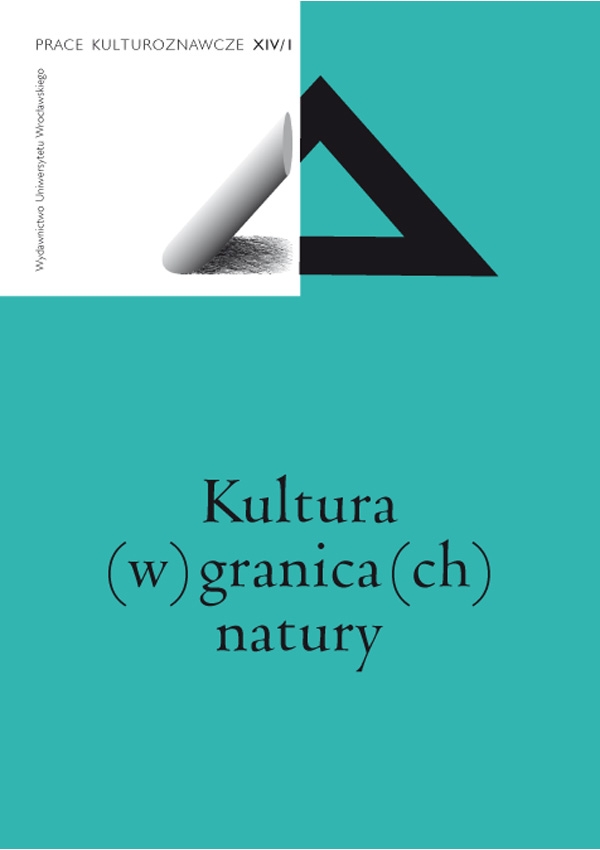

Szczeliny i pogranicza

Between nature and culture. Experience of death in the film version of Wit
The experience of death is universal. There is no way to avoid, go around or deceive death. It remains inevitable in nature, as W. Jankélévitch puts it. However, the approach to dying has not been the same across cultures, as it has been affected by thought horizons, intellectual movements and specific experiences such as epidemics, wars, acts of genocide. We can observe that dying and death have been hushed up in a way in the culture of everyday life in the late 20th and early 21st century. The traditional ars moriendi has been replaced with a progress-driven new standard based on a prohibition that causes public dismay when broken. The aim of the paper is to point out suffering and its place in contemporary culture. An example to refer to and a starting point for this reflection is the filmed version of Margaret Edson’s play Wit, showing very emphatically not only the current approach to suffering but also the inescapable dependence of humans on nature, even though they try to place it within the framework of culture. The same aspect is indicated by Susan Sontag for whom disease and suffering became personal experience in her collection of essays entitled Regarding the Pain of Others and Illness as Metaphor, departing from a moralising narrative of suffering towards a dialectic dimension of the nature and culture.